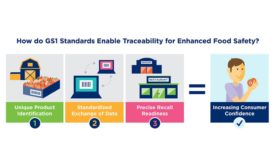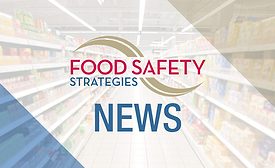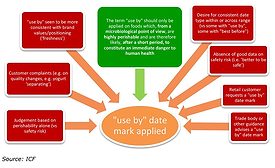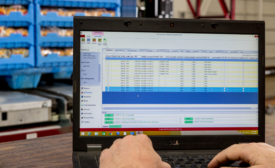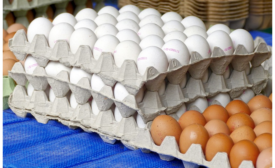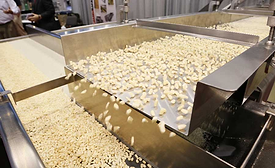Home » supply chain
Articles Tagged with ''supply chain ''
Blockchain
Blockchain can play an important role in track and trace, but not purity or freshness
Read More
How will coronavirus impact supply chains?
Expert offers insights on how the coronavirus will impact logistics and how companies can mitigate issues.
March 11, 2020
Supply Chain
Fighting food fraud with the right tools
Analytical and software tools make it easier to manage suppliers and weed out fraudulent ones
October 5, 2018
Food Safety
Opinion: Blockchain technology can help both agricultural professionals and industry regulators
A safer food industry can be created through increased transparency and improved tracking via Blockchain technology
May 8, 2018
Food Waste
'Use by…,' 'Best before…,' confusion causes 10% of food waste in the EU
The problem of date stamps in the EU is just as much of a problem as in the US, even though there are only two date stamp choices in the EU.
February 11, 2018
How a warehouse execution system assists with recalls
Don’t rely on an ERP system to manage all aspects of your warehouse—not if you need real-time connectivity.
January 8, 2018
Robotics
How robotics can revolutionize the supply chain, help with FSMA
As the ROI increases, more companies feel confident installing robotics
July 27, 2017
Never miss the latest news and trends driving the food safety industry
eNewsletter | Website | eMagazine
JOIN TODAY!Copyright ©2025. All Rights Reserved BNP Media.
Design, CMS, Hosting & Web Development :: ePublishing



